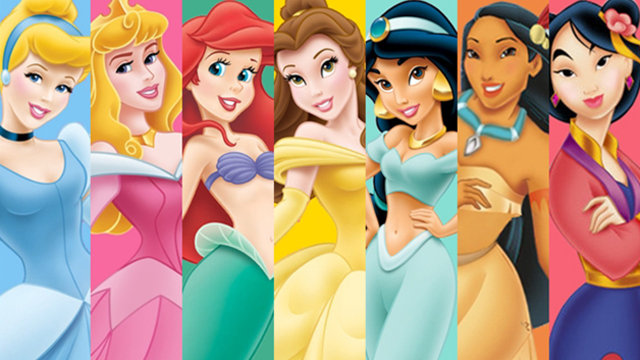
By Nnekay FitzClarke
Fairy tales have been shaping the lives and expectations of children all over the planet for generations. Ask any person from 5 to 105 to rattle off the common themes and you’ll get the same responses: the castle, the knight in fancy armor, a beast who may or may not breath fire, a good chunk of magic, a prince riding around on his horse, and, last but not least, the princess who always seems to finds herself in a situation she needs saving from.
Obviously, the trope of the ever-in-peril princess is problematic. It teaches young girls that their value is in their appearance ("the fairest of them all"), that they ought to be passive bystanders (looking at you, Sleeping Beauty), and put all trust in a man (chilln’ in dis tower #bored). There are countless articles, classes, and books written about the dangers of the princess in peril, but Hollywood has thankfully started to take notice.
Take, for instance, the newest Disney venture Frozen, which has been making the rounds as the “anti-princess” princess movie. Two princesses for the price of one, kicking butt and taking names, espousing the notion that sisterly love is the most important of all. Disney’s penance for decades of helpless princesses has been gobbled up by kids and adults alike and is definitely a step in the right direction for fairy tales, yet… something rang mighty familiar when Princess Anna met her eventual love interest, Kristoff. Just to quickly summarize: Anna is out on a hunt to find her sister and happens to go into a small trading post. While there, she runs into Kristoff, an average ice-cutting dude. Their meeting eventually leads to the reveal: “Surprise! I’m a princess!” And then they go off to save the day.
Kristoff joins a long line of average dudes who happened to have stumbled on a princess. This plot device has been around for a very long time, starting with the premier hidden princess movie, Roman Holiday, in which Gregory Peck fumbles behind Audrey Hepburn as she cavorts around Italy doing exciting things like getting a haircut. There are problematic versions of this trope like Disney’s highly scrubbed version of Pocahontas. The true story of course was a little less “meet cute” and more brutal diplomacy. James Cameron thought Pocahontas was such a great movie that he was inspired to add a splash of FernGully and call it Avatar. The list continues with slight variations here and there, including but not limited to: Splash (mermaids love Tom Hanks), Aladdin (princesses and gutter punks 4eva), Dances with Wolves (don’t mess with the medicine man’s white daughter), and Notting Hill (the American princess: a tacky celebrity). You can easily find this theme in song lyrics as well: "Rich Girl" by Hall and Oates, "Uptown Girl" by Billy Joel, and "Common People" by Pulp, just to name a few.

